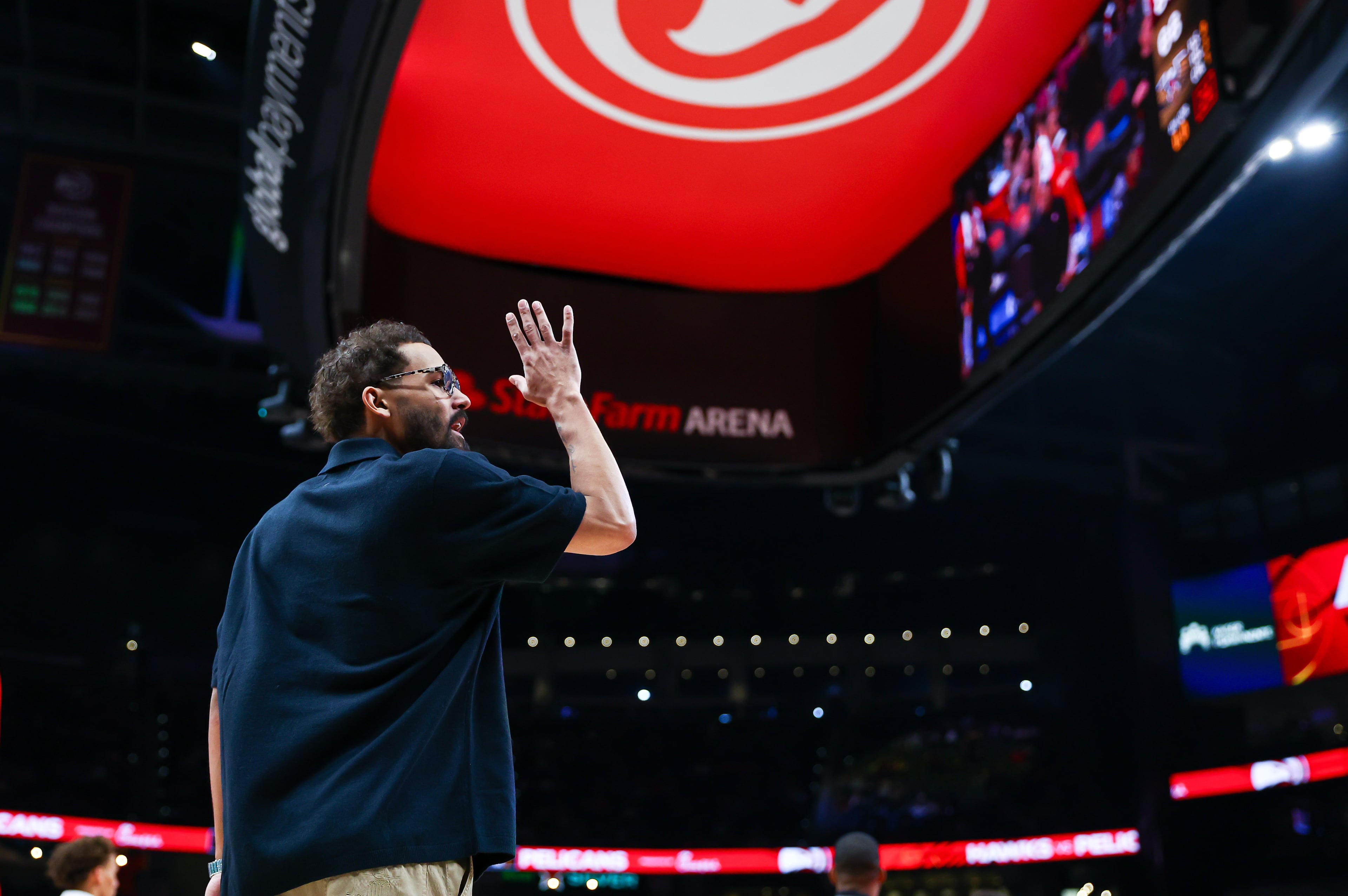Opinion: Keep building affordable housing to bring American Dream closer for all

My father, Dr. Martin Luther King Jr., fought for fair housing and racial and economic justice until the day he was killed in 1968. That year, President Lyndon B. Johnson signed the Civil Rights Act, which included the Fair Housing Act, in response to my father’s efforts in Chicago and the outrage over his murder.
Back then, white neighborhoods were designed to stay white. Neighborhoods were given ratings based on who lived there and those ratings were used to determine loan eligibility — it was called redlining and was supported by the federal government.
Redlining still exists in many forms, and today’s affordable housing crisis contributes to the problem by making the concept of a “starter home” nonexistent. Starter homes help build generational wealth because the equity in those homes can be used to buy bigger homes as families grow and are then passed onto future generations.
If you don’t already have generational wealth today, if your parents can’t help you with a down payment, you can’t build it with a starter home. You’ll likely be renting the rest of your life, and you may not even be able to afford the rent much longer. The American dream of owning a home is, once again, becoming a whites-only dream.

It wasn’t long ago that Atlanta was a largely affordable city where middle-class Black and brown families could flourish — Americans from higher-cost cities could move here for amazing culture and growing economic opportunities. Despite being the son of a sharecropper, my grandfather was able to purchase a stately Victorian home near downtown.
It’s hard to imagine that a family with a similar story could ever live in such a location today. Atlanta housing prices are out of control; home prices are up over 44% while rents rose faster here than almost anywhere else in the country. The Black and brown families who helped build and make our city what it is today can no longer afford to live here.
Many fingers are pointed at private investors taking an interest in real estate here as a reason we can’t afford homes. But there are many reasons for this affordability crisis, and chief among them is the lack of overall housing. As Atlanta has become an economic juggernaut and more people moved here, we failed to build more housing to support them.
The less housing stock we have, the more expensive it is. So if we want a radically fairer housing market, we have to literally build it. We should embrace increased investment from the likes of Blackstone, J.P. Morgan and local developers who focus on affordable units and partner with these companies to rapidly build more homes. To do that, we also need zoning and city planning laws to help us, not hinder us.
To get more affordable housing in our cities, we are going to have to build denser housing — everything from new apartment buildings to allowing what’s known as accessory dwelling units (ADUs) on properties with single-family homes.
We’ve seen that allowing higher-density housing can play a key role in creating the so-called “missing middle” price range of housing. Not only do these accessory dwellings (building apartments on top of garages and converting basements into safe living spaces, etc.) lead to more housing, but they can generate rental income for seniors struggling to afford to stay in their homes and they can make communities more economically and racially inclusive.
In the City Council, a proposal was shot down late last year to permit more accessory dwelling units on properties with single-family homes. Mayor Andre Dickens has been deeply committed to affordable housing, notably his faith-based work with Atlanta First United Methodist Church, Greater Piney Grove Baptist Church and Enterprise Community Partners. I hope he will support similar proposals to allow for more creative housing options to move forward this year.
We also need to ensure that we don’t create more problems, namely more traffic, by trying to solve our housing crisis. By increasing housing density in the city, we decrease the need for cars. But any responsible increase in housing density needs to include upgrades for mass transit and things like building more bike lanes.
Beyond the local response, the state Legislature should pass laws to stop localities from putting certain restrictions on residential housing that can limit rental housing. Rent-to-own options create new potential for first-time homeowners.
The White House and Congress must also meet the moment by providing new avenues of support for potential homeowners. So many potential homeowners are locked out of the market because they can’t afford the 20% downpayment to get into a home even though they can afford the monthly mortgage payment. We have to help create a pathway to homeownership.
A crisis is a terrible thing to waste. We have an opportunity to create new affordable housing and jobs while making our communities more inclusive and diverse. If we do nothing, we soon won’t recognize the city we love and helped create.
Martin Luther King III is an Atlanta-based global human rights advocate and chairman of the Drum Major Institute.


